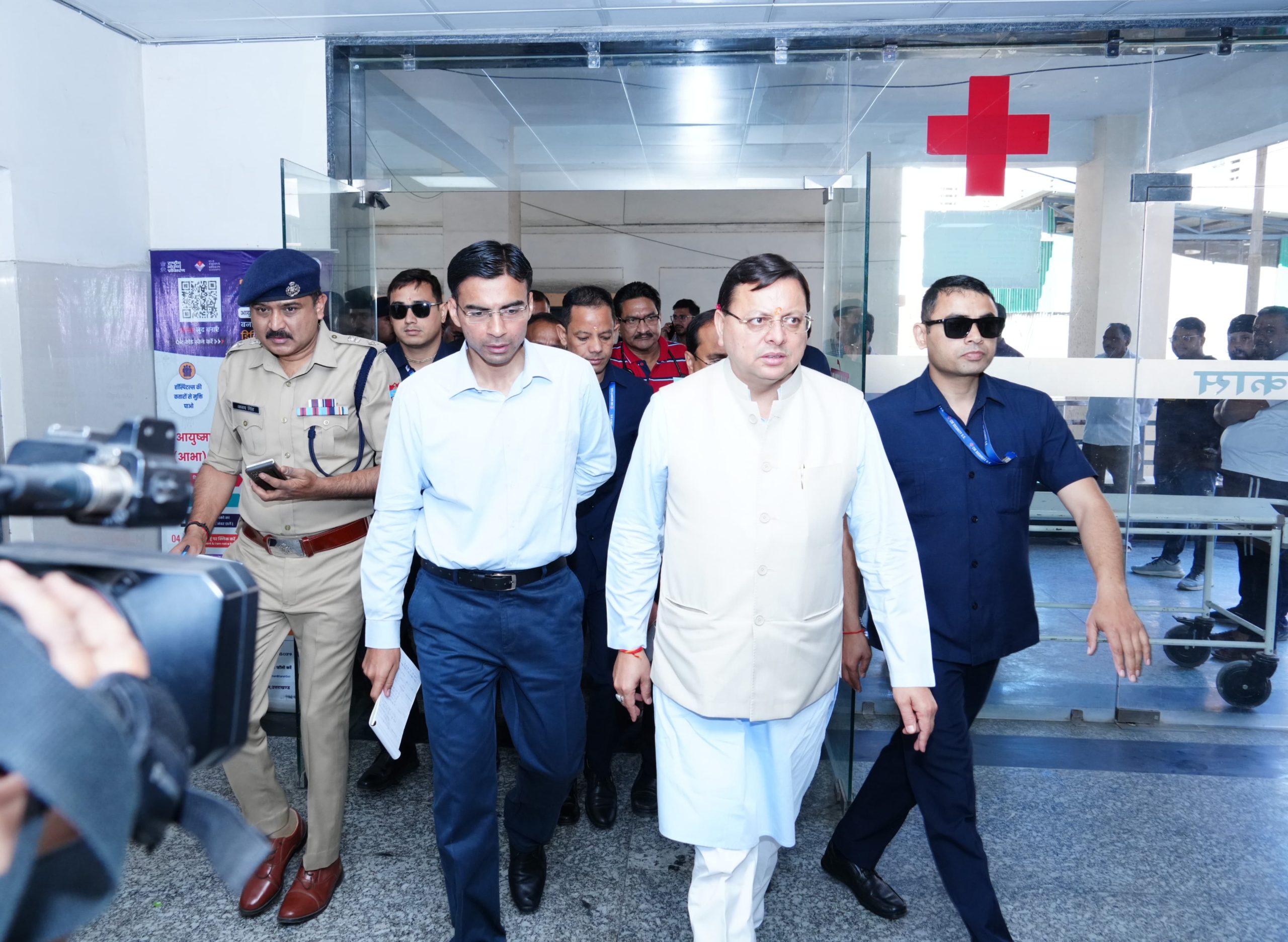
RBI govenror
DAINIK NATION BUREAU :The Reserve Bank of India (RBI) has recently released its Financial Stability Report, indicating that India’s economic prospects are looking brighter. The report highlights several positive factors, such as the country’s resilient financial sector and improving macroeconomic indicators. However, it also points out two potential challenges: rising core inflation and global volatility. These factors could pose risks to India’s economic stability in the near future.
Positive Economic Indicators: The Financial Stability Report highlights several positive developments in India’s economy. First, the country’s financial sector has shown resilience, with banks demonstrating improved capital adequacy ratios and declining non-performing assets (NPAs). This reflects better asset quality and a more robust banking system.
Additionally, the report mentions the positive impact of vaccination campaigns and the gradual reopening of economic activities after the COVID-19 pandemic. These factors have contributed to the revival of economic growth, with key sectors such as manufacturing, services, and agriculture showing signs of recovery.
Risks Associated with Core Inflation: One of the main concerns highlighted in the report is the rising core inflation in India. Core inflation refers to the price increase in essential goods and services, excluding volatile food and fuel prices. The report suggests that persistent core inflation can erode consumers’ purchasing power, negatively affecting domestic demand and economic stability.
The RBI’s report attributes the increase in core inflation to several factors, including supply chain disruptions, rising global commodity prices, and elevated input costs. It warns that if core inflation continues to rise, it could pose challenges for monetary policy management and potentially impact the overall economic growth trajectory.
Global Volatility and its Impact: Another risk identified in the Financial Stability Report is global volatility. The report notes that external factors, such as fluctuations in global financial markets, trade tensions, and geopolitical uncertainties, can impact India’s economy. The interconnectedness of the global economy implies that any disruption or turbulence in major economies could have spill-over effects on India.
The report emphasizes the need for continued vigilance and preparedness to mitigate the potential impact of global volatility. Strengthening India’s external sector resilience, maintaining a stable exchange rate, and enhancing policy coordination are highlighted as essential measures to manage such risks effectively.
Mitigating Risks and Ensuring Economic Stability : To address the challenges posed by rising core inflation and global volatility, the RBI’s report suggests a multi-pronged approach. It emphasizes the importance of maintaining price stability through prudent monetary policy measures. The RBI stands ready to use its tools to ensure inflation remains within the target range while supporting economic growth.
The report also underscores the need for structural reforms to enhance supply-side resilience, boost productivity, and reduce dependency on imported inputs. Strengthening agricultural supply chains, promoting ease of doing business, and investing in infrastructure are among the key recommendations put forth to mitigate inflationary pressures and enhance economic stability.
India’s economic prospects are looking brighter, as evidenced by the Financial Stability Report released by the RBI. The report highlights the resilience of India’s financial sector and the gradual recovery of key sectors post the COVID-19 pandemic. However, it also underscores the risks posed by rising core inflation and global volatility.
The RBI’s report serves as a reminder of the challenges that lie ahead and the importance of adopting proactive measures to address them. By maintaining price stability, implementing structural reforms, and enhancing policy coordination, India can navigate these risks and foster a sustainable and stable economic environment for the future.
 Dainik Nation News Portal
Dainik Nation News Portal



